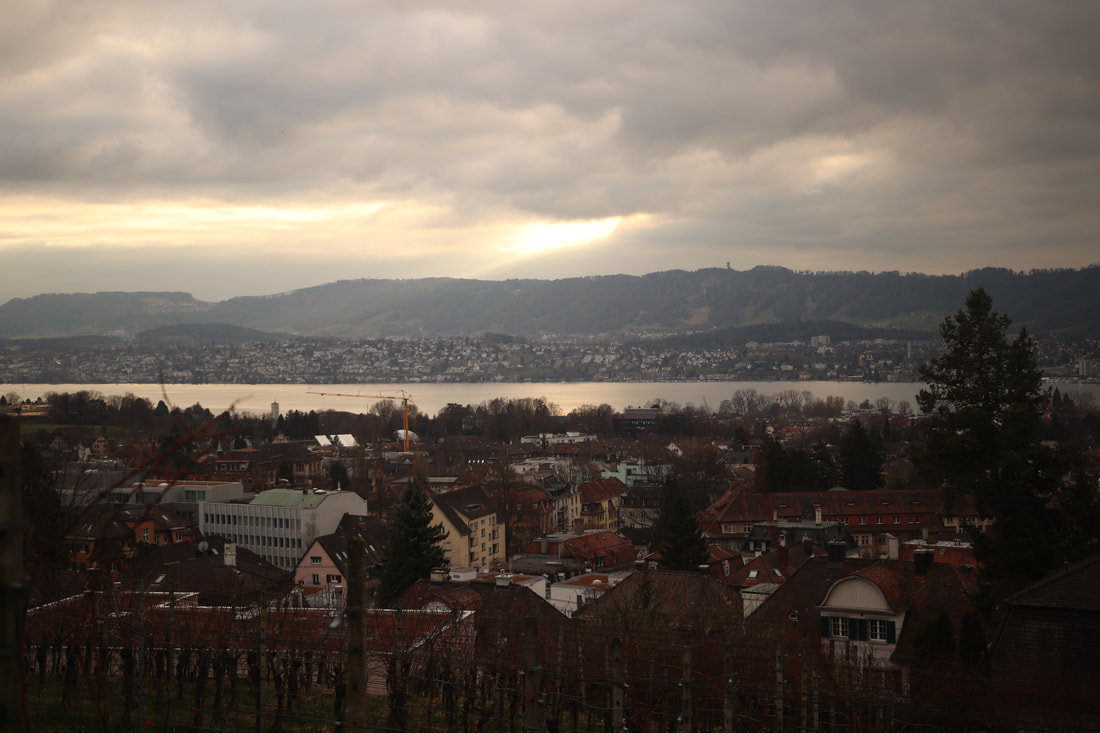The last post was a bit of a brain dump to make sure I didn’t forget a few lessons I learned, in part because I knew I was quitting the job that involved doing ML type things. While I was working there of course I learned a lot and (I think) acquitted myself pretty well, but language processing and machine learning are not really what I spent 4 years doing for my PhD. Python is a programming language that I picked up to make my work in grammatical description and syntax easier, and while I find ML (and programming) pretty interesting, my main interest lies in understanding how languages work through comparison, with the ultimate goal of reconstructing linguistic structures and (hopefully) prehistory.
A year and a half ago or so I started working on a grant proposal for that exact thing with some researchers at the University of Zurich. This is a relatively young department that is doing some really cool research in typology, processing, and language acquisition from a corpus-based perspective on multiple languages (both Indo-European and non-IE families/phyla). At the same time historical linguistics is a huge focus in the department, as is modeling language change. This is super exciting because I take the perspective that language is spoken by individuals in communities who acquire language from their forbears (history), use it as a tool for communication (processing), which gives rise to statistical tendencies that all languages share (typology). Since it is individuals using language, this is done in an idiosyncratic way, but since language is learned and guided by principles of processing, the only way to get at both the commonality and the uniqueness of language is by investigating actual language corpora (recordings, transcriptions, etc). Of course the story of how languages change is much more complex and involves many more factors, but be that as it may, this is a great place to be.
Picture: Lake Zurich from the hill above the university
So, long story short, we found out last October that the grant had been funded, and the family and I started making plans to move to Zurich. More on that later, perhaps. With this project, our goal at the moment is to build a database of Austroasiatic language corpora that we can then investigate for all sorts of interesting phenomena, but focusing (initially at least) on word order. By comparing word order in multiple languages of the same family we intend to make an effort toward reconstructing the form of the parent languages from which the present-day spoken languages diverged, and also to identify language contact and interaction effects to contribute to discussions about the development of word order patterns cross-linguistically.
I’ve been here only a few weeks, and our first year of the project involves a lot of data collection, so I’ll be traveling quite a bit and having to learn some more languages (working on Swiss-German and Burmese right now). But even in the first few weeks we’ve made some progress and I’m excited to share more as the research continues. I’m definitely doing Python programming, and it looks like I’ll learn some Javascript for various tools we intend to build. Maybe I’ll even get to use machine learning at some point.
